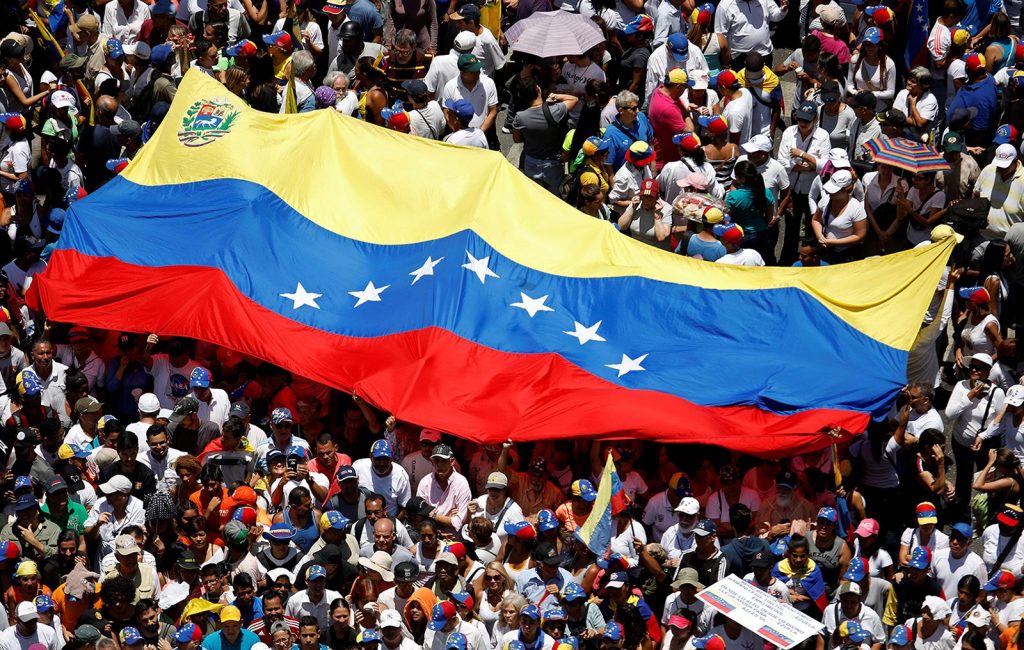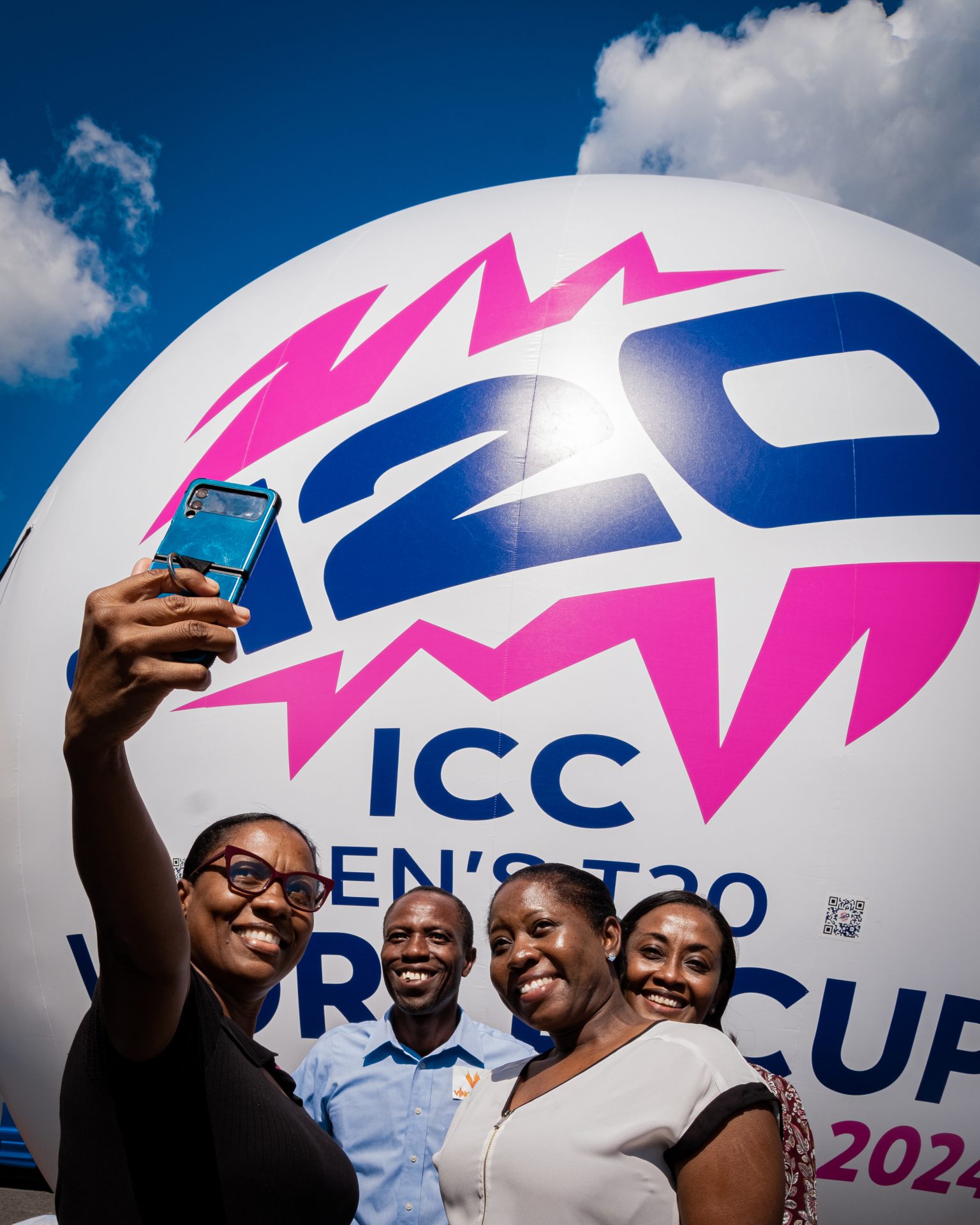By Nathan ‘Jolly’ Green. July 16, 2020.
Almost every country in the World paid the owners of slave’s compensation when the abolishment of slavery took place. Only Britain has been singled out as a nation who compensated slave owners but not the slaves.
Of course, that is untrue Britain was just one among most of the World’s nations, who all compensated the slave owners in one way or another. Britain was most certainly not the only one as intimated by Ralph Gonsalves and Hilary Beckles. Every nation did the same, many before Britain did so, and many afterwards. Compensation of slave owners was a World adopted method of ending slavery without bringing about a revolution by the wealthy landowners and ruling classes.
After all, slavery was legal and had been practised in every country in the World since before the written word, or the memory of man. Even the Bible and Koran say it is OK.
In Africa, Africans had been selling African slaves for thousands of years.
Even Simon Bolivar the much-worshipped leader of the revolutions against the Spanish in the Americas, the one called ‘The Liberator’. He was brought up by a black nanny who was a slave. Much of his life, he was brought up in a slave-owning family in a slave-owning society. Among other things, his family owned mines and sugar plantations which were worked by slave labour.
In 1815, after several political and military disputes with the government of Cartagena, Bolívar fled to Jamaica, where he was denied support. After an assassination attempt on him in Jamaica, he fled to Haiti, where he was granted protection by the president.
In Haiti, Bolivar befriended Alexandre Pétion, the president of the recently independent southern republic (as opposed to the Kingdom of Haiti in the north) and petitioned him for aid. Pétion provided Bolívar with ships, men, and weapons and in return, Bolívar had to agree to abolish slavery in any of the lands in which he conquered over Spain.
Bolivar kept his promise to abolish slavery in the lands that he conquered, which has since been declared one of his main achievements.
Bolívar began to promote the abolition of slavery only after his refuge in southern Haiti [prior to that he had never mentioned abolition], where Alexandre Pétion, its mulatto president from 1807 to 1818, welcomed him from Jamaica, together with numerous refugees from Venezuela and New Granada. Pétion financed and equipped two successive expeditions that eventually allowed Bolívar and his followers to launch the final phase of their war against Spanish colonialism. In return, Pétion confidentially asked Bolívar to emancipate the slaves in the Spanish American territories he would liberate (idem, p. 189; O’LEARY, 1880, p. 343).
1816, July 16, Venezuela: Simon Bolivar declares the emancipation of all the slaves in the Province of Venezuela.
With several battalions of Haitian soldiers and vital material support, Bolívar landed in Venezuela, and in 1817 [partially] fulfilled his promise to Pétion, to free the slaves there.
Only slave men between 14 and 60 years old who enrolled in the patriot army would gain their freedom and that of their families. Those able men who refused military service exposed themselves as well as their wife, children, and parents to continuing bondage (idem, p. 1092-1093).
But it got worse when Bolívar kept the same position on slavery as six months earlier: he implied that slavery had ended, but he offered freedom to male slaves and their family only if the former enlisted in the patriot army. As the war against Spain escalated in 1818, in several decrees Bolívar proclaimed martial law and ordered all able men from 14 to 60 years of age to enlist or face execution – a total mobilization that included “todos los hombres que antes eran esclavos” (idem, p. 1120).
There was a further twist in the abolition that we will never know if Pétion would approve. The slaves that were made slave soldiers of Bolivars army, remained captive of the military until the slave owners were compensated for their release.
Bolivar ensured the slave owners were compensated for the loss of their slaves. He was compensating the slave owners and not the slaves. The way he did it was wicked when compared to what happened in most other countries. He made the slaves pay for their own liberty. Slaves were given the choice of freedom if they joined his army, and accepted they would receive no wages, the wages they would have received going to the slave owners as compensation. Male slaves between the age of fourteen and sixty years were taken into Bolivars army; and they received no wages, the wages were paid instead to the slave owners as compensation for making their slaves free. When the slave owners were fully compensated the slaves were released, some stayed on as soldiers’, others settled where they could, or joined their families. But it did not catch up the whole slave population, as history shows us some remained as slaves [see 1840 – 1851-1854].
Simon Bolivar died in Colombia in 1830.
Simon Bolivars failure to pass a fundamental Law to declare the abolition of slavery, was added to following the death of President Pétion in 1818, which probably weakened Bolívar’s commitment to the absolute freedom of the slaves.
Simon Bolivar is a national white hero to white Venezuelans and other white governed countries in the Americas. But he should not be regarded as a hero in the World of black people. Yes, he gave some slaves their freedom but on a less equitable basis than most other countries did. Therefore, we should be calling on Venezuela to pay reparations to its black people. Because based on what Britain stands accused of, Venezuelan blacks got a much worse deal.
Now Beckles and Gonsalves, let us hear from you how you will be handling this. Seeing as this happened much earlier, in 1816-18, it must take preference to what you claim from Britain after they compensated slave owners in 1834. Let us see you go to work on this; let us see if you prefer the 21st Century Socialist call for solidarity, against the truth.
I am sure that these two learned men already knew about this, so by withholding such information have lied to us, have lied to the World. This is a matter of history; it is not a story plucked from the air.
But the truth is, Venezuela is a big place, and in many parts’ slavery continued. It took the same British who are under attack by Beckles and Gonsalves to end it by Treaty finally. According to record, the slave owners [perhaps different ones] were compensated again.
VENEZUELA, 1840, London: Bilateral Treaty Venezuela and Britain, Venezuela undertakes to abolish the slave trade.
1851-1854: Abolished slavery and paid compensation to slave owners.
In 1840 London, slavery was finally agreed in a British/Venezuelan Treaty to be abolished in Venezuela, but it still took the Venezuelans a further fourteen years to accomplish the deed.
All the supporters of Venezuela including those member nation governments who are members of ALBA, all who support the memory and achievements of Simon Bolivar should be part of the reparation payors to pay black people throughout the Americas and Caribbean. In the best tradition of Black Lives Matter it should be considered if any, or all, Simon Bolivar statues and portrait paintings should be removed, please do not deface, or destroy them. Let us try and be socially and politically correct while remaining civilized.






3 Comments
What I have since discovered is that at the time Bolivar was taking slaves into his army and compensating the owners. He himself owned about a thousand slaves.
Simon Bolivar became a hero at the behest of Hugo Chavez, who put bolivars name on the currency, even named the revolution after Bolivar. Bolivar was a soldier first, that was the attraction to Chavez, because Chavez wanted to model himself in the idle of Bolivar.
Simon Bolivar was an extreme right wing person and was a member of the Masons. He must have writhed not rolled in his grave at what they have used him for. Friend of the white man and enemy of the black man.
I have since read that at the time Bolivar was paying slave owners the slaves army wages, he himself owned a thousand slaves. Did he pay himself for his own slaves?